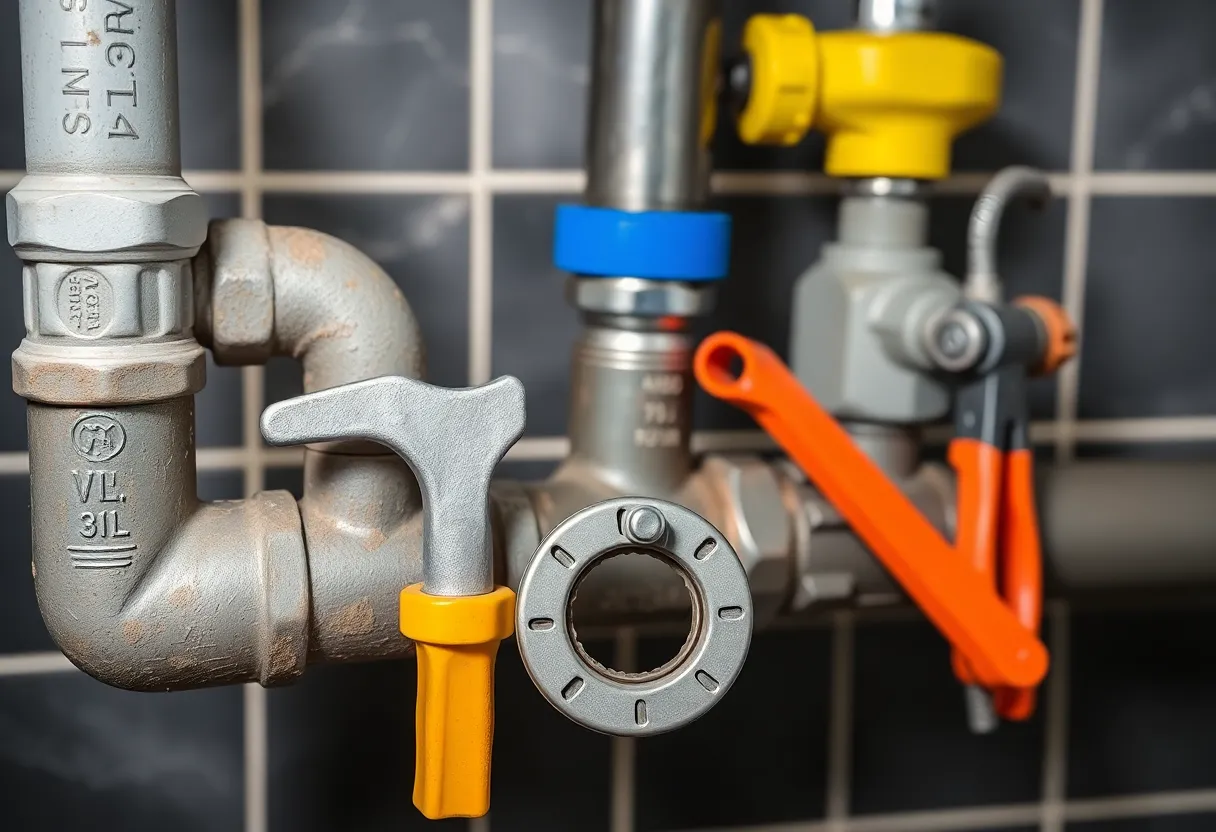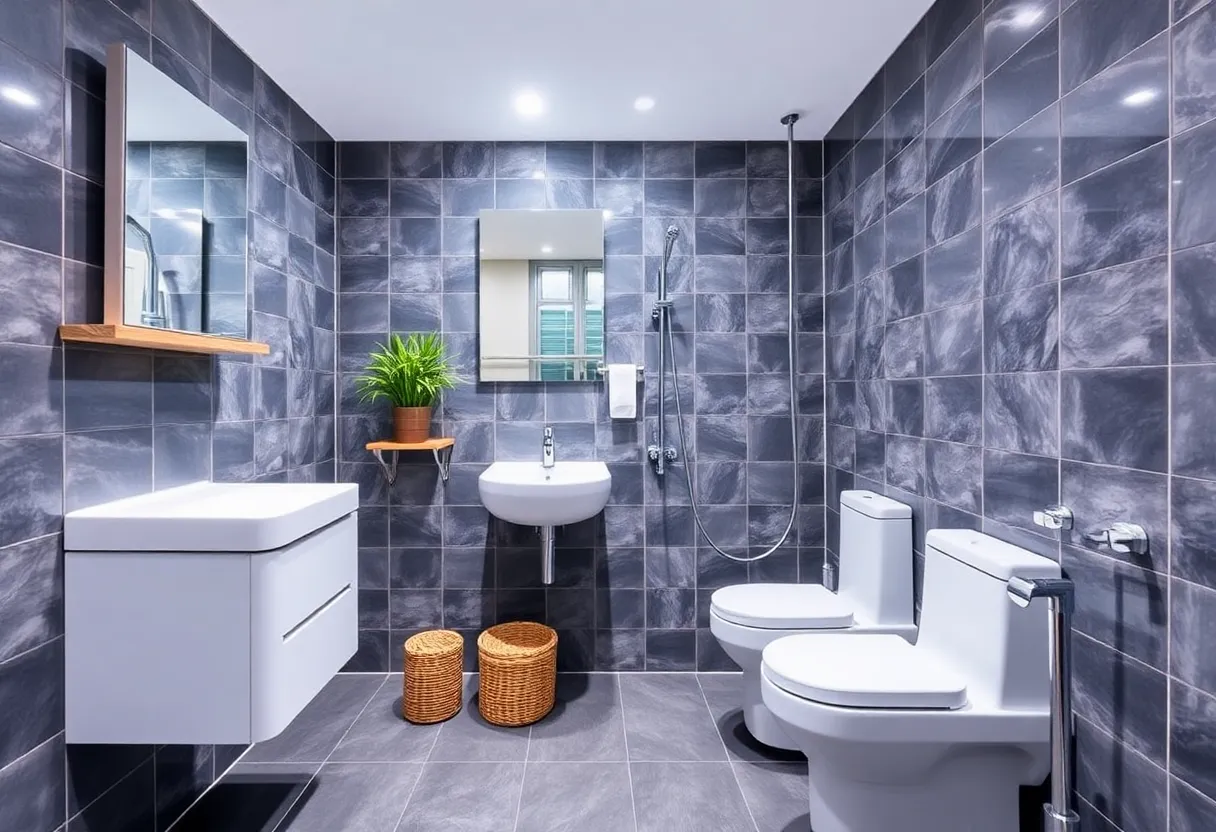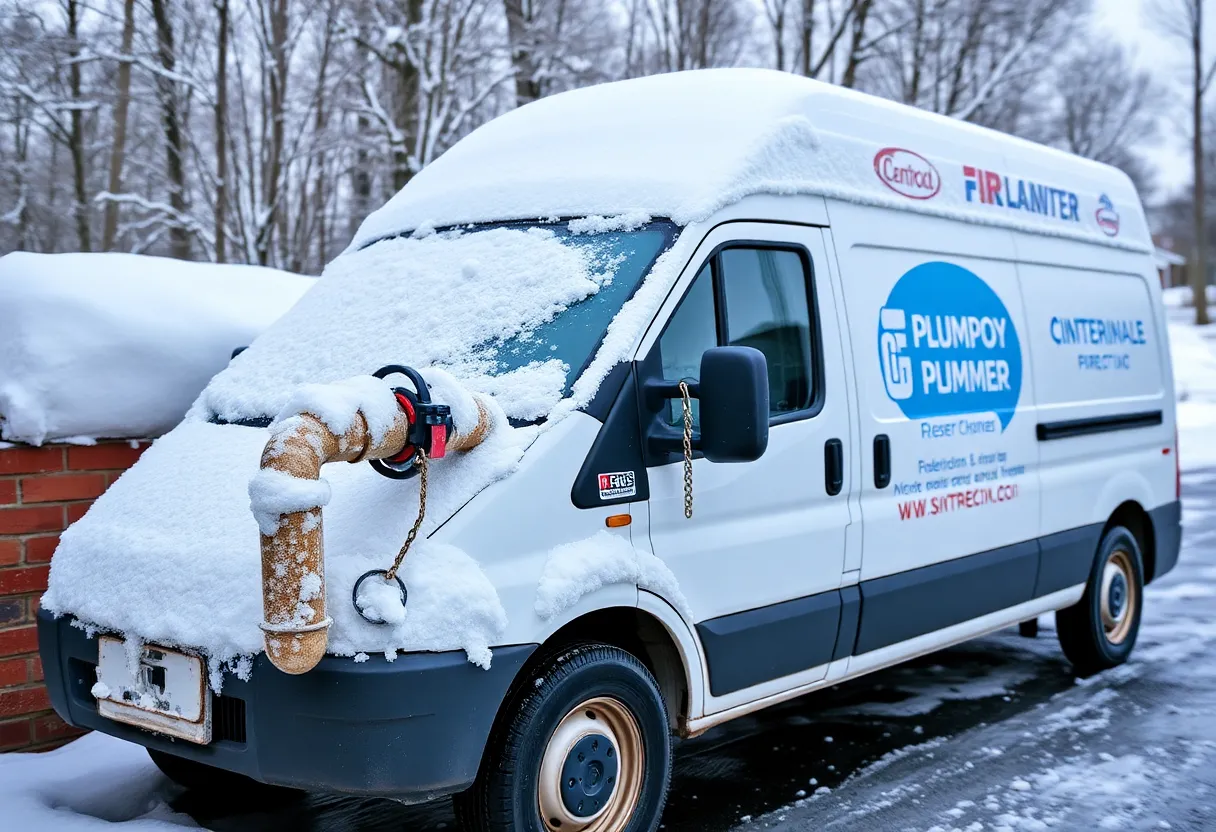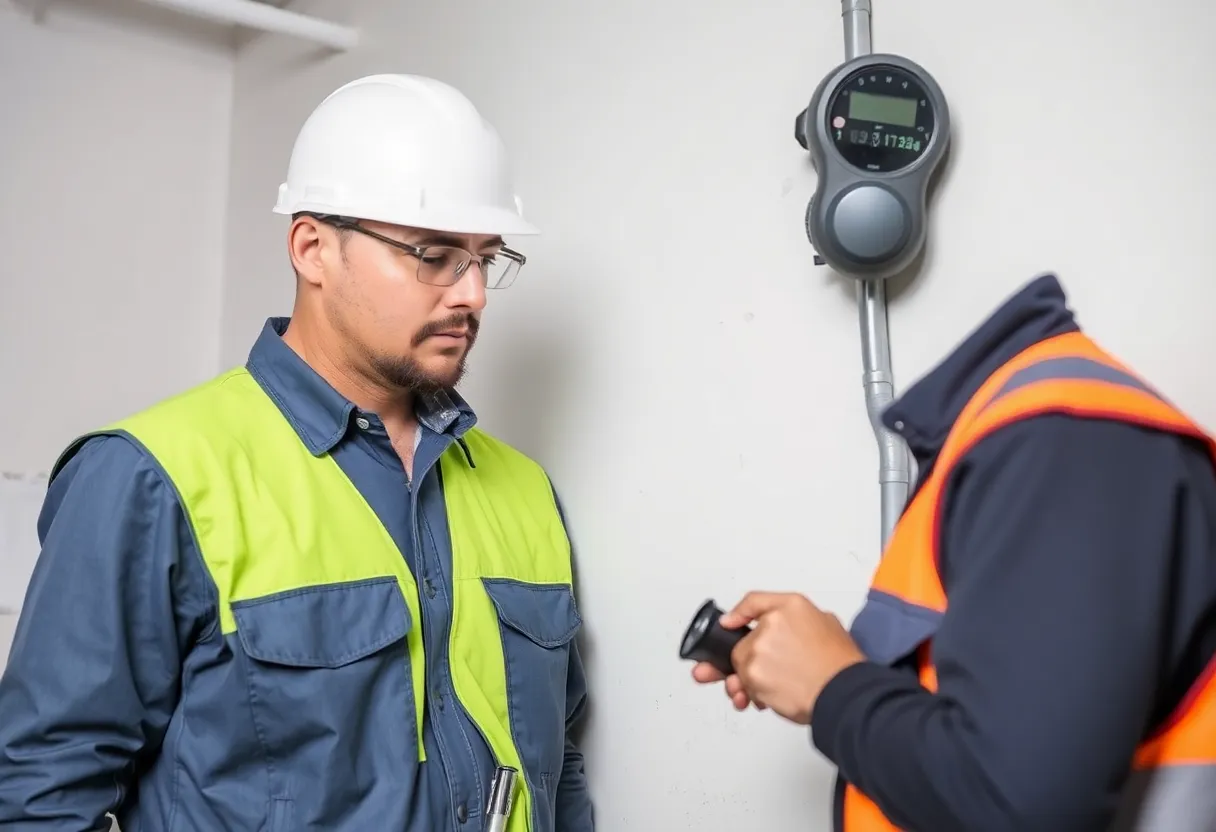The Plumbing Game Plan: 9 Essential Strategies to Help Your Home Weather Any Seasonal Challenge
As seasons change, so do the needs of your home. Many homeowners underestimate how essential a well-prepared plumbing system is for weathering seasonal challenges. Whether it’s the frigid winter temperatures, the heavy rains of spring, or the scorching summer heat, your plumbing deserves attention. Here, we’ll explore _9 essential strategies_ to ensure that your plumbing systems are robust enough to handle any seasonal challenge.
Understanding Seasonal Plumbing Challenges
Every season brings its own set of challenges that can impact your plumbing. Understanding these challenges is the first step toward having an effective plumbing game plan.
Winter Woes: Frozen Pipes and Other Hazards
The winter season can be particularly harsh on plumbing. As temperatures drop, water inside pipes can freeze, leading to potential burst pipes and costly repairs. Homeowners should be vigilant in ensuring their plumbing is insulated against the cold.
Spring Showers: Flooding and Water Damage
Heavy rainfall in the spring can lead to flooding, which puts your home and plumbing at risk. It’s essential to ensure that drainage systems and gutters are functioning properly to divert water away from your home.
Summer Sizzle: Heat and Water Usage
Summer brings heat and increased water usage. With families relying on more water for irrigation, pools, and general use, plumbing systems can be put under greater stress than usual. Ensuring that pipes are well-maintained will prevent breakdowns during this peak season.
Autumn Adjustments: Preparing for Change
As leaves fall and temperatures begin to drop, it’s important to prepare your plumbing for the coming winter. Clogging can occur due to falling debris, so preventative measures must be in place.
9 Essential Strategies for Seasonal Plumbing Success
1. Insulate Your Pipes
Insulation is one of the most important steps homeowners can take to prevent frozen pipes during the winter months. Pipes located in unheated areas, such as basements, attics, or exterior walls, are especially vulnerable. Consider using foam rubber sleeves or pipe insulation tape to cover these vulnerable areas. This could save you from future headaches and expenses, especially concerning burst pipes.
2. Regular Maintenance Checks
Scheduling regular plumbing maintenance can help detect issues before they become significant problems. A qualified plumber should inspect your entire plumbing system at least once a year for leaks, corrosion, and overall health. This proactive approach can catch issues early and save on costly repairs.
3. Maintain Your Sewage System
A proper sewage system is vital for the smooth functioning of your home’s plumbing. Homeowners should have their sewage lines inspected regularly and cleansed if signs of blockage appear. In spring, after heavy rains, it’s particularly important to ensure the system is clear to avoid water backup and flooding.
4. Clear Gutters and Downspouts
Keeping your gutters and downspouts clear is essential for preventing water from pooling around your home’s foundation. Homeowners should clean out their gutters regularly, particularly in the autumn when leaves are falling. This practice not only prevents flooding but also protects your plumbing from downstream complications.
5. Install a Sump Pump
A sump pump is a homeowner’s best friend during heavy rain. By installing a sump pump, you can effectively manage water levels in your basement and prevent flooding. If you live in an area prone to flooding, installing a sump pump is highly recommended to manage an unexpected deluge.
6. Take Care of Your Water Heater
A well-maintained water heater ensures that you have sufficient hot water throughout the year and protects against sediment buildup, which can occur with heavy use in the summer months. Regular flushing of the tank and inspections can extend the lifespan of this important appliance while maintaining efficiency.
7. Know Your Main Water Shut-off Valve
It’s critical to know the location of your main water shut-off valve. In case of a plumbing emergency, being able to quickly shut off the water supply can save you from extensive damage and costly repairs. Make sure all household members are aware of its location and how to operate it.
8. Use Professional Plumbing Services
Relying on professional plumbing services for both routine maintenance and emergency repairs can prevent minor issues from becoming massive hurdles. Professionals have the tools and expertise to address plumbing problems effectively, giving you peace of mind, especially during the seasons when plumbing challenges are most likely to arise.
9. Prepare for Seasonal Changes
As seasons transition, homeowners should be prepared. For instance, before the winter months, make sure to drain outdoor hoses and winterize your lawn irrigation systems. In spring, check for any leaks that may have developed over the winter, ensuring that your system is ready for increased use as temperatures rise.
Conclusion
By implementing these _9 essential strategies_, you can ensure that your plumbing systems are prepared to face the challenges each season brings. From freezing temperatures to heavy rainfalls, a little effort in maintenance and preparation will go a long way in protecting your home and finances. Don’t wait for a problem to arise; take action now and enjoy the peace of mind that comes from having a well-prepared plumbing system.
Frequently Asked Questions
What are the risks of frozen pipes during the winter?
Frozen pipes can lead to bursting, resulting in significant water damage, costly repairs, and potential health hazards from mold growth.
How often should I have my plumbing system inspected?
It is advisable to have your plumbing system inspected at least once a year. Regular maintenance checks can identify issues before they escalate into major problems.
What can I do to prevent flooding during heavy rains?
To prevent flooding, keep gutters and downspouts clean, consider installing a sump pump, and ensure your sewage system is well maintained.
Why is it important to know the location of my main water shut-off valve?
Knowing the location of your main water shut-off valve is crucial for minimizing damage during a plumbing emergency. Quickly shutting off the water supply can reduce flooding and prevent extensive damage.
How can I ensure my water heater is functioning efficiently?
Regular maintenance, including flushing the tank and checking for sediment buildup, will ensure your water heater is functioning efficiently and will extend its lifespan.









